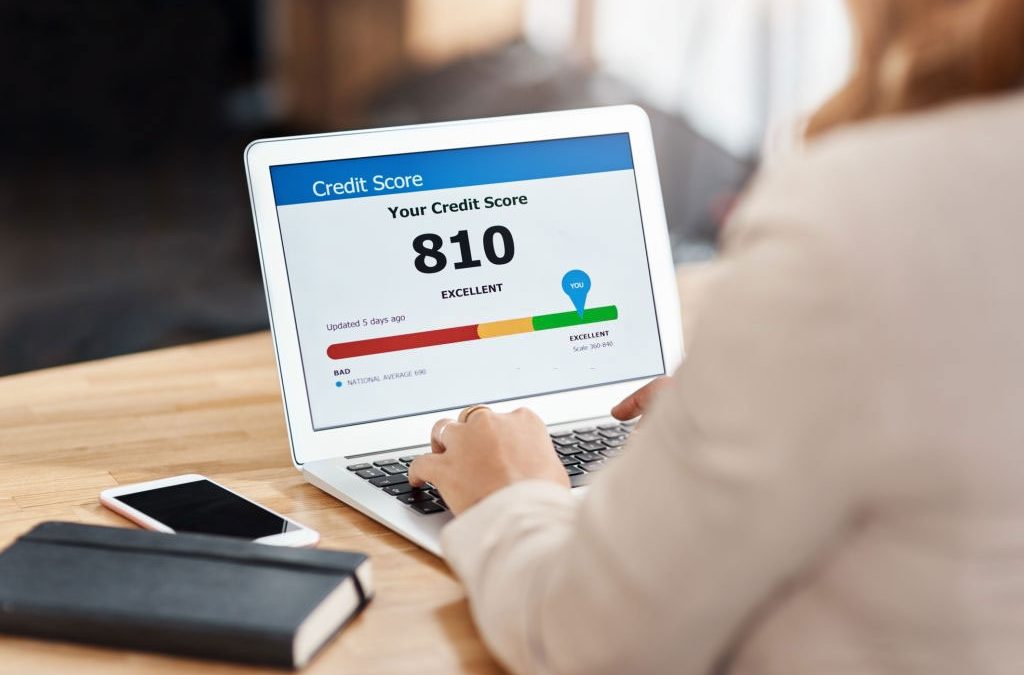If your current credit history isn’t where you’d like it to be, you are not alone. Improving your credit ratings takes time, but the quicker you deal with the problems that may be dragging them down, the more quickly your credit ratings will improve. While there are many steps to take to improve your scores, it really comes down to two major factors: what you have currently going on in your history and what you can do to change it. By learning how these relate and working to improve them, you’ll find that your credit score improves over a very short period of time.
First, we look at some of the biggest things that affect your scores. One of the most important things that affects your FICO score, and almost every other type of credit rating is your history with open accounts. The longer you have open accounts, the lower your scores will generally be.
One reason this has such a large negative effect is because consumers don’t always keep track of their spending. When they do, they tend to list only the bare minimum. They do not realize that it is possible to increase their limits or add more credit cards to an already established credit history. This, in turn, can actually have a significant negative impact on their FICO scores. The best way to avoid having this issue is to simply make sure you keep your balances low and pay all of your bills on time.
Another thing to consider is that when people have a lot of credit available to them, they tend to use it irresponsibly. They may open a new credit account every day, even though they know they can not possibly afford to repay it all at once. One of the best ways to avoid having this problem is to simply stay on top of your bills and make sure to pay them at the end of the month. If you can pay a few days late, it is much easier to improve your scores in order to buy a home.
There are also two other things that go into boosting your FICO scores. These are your inquiries and rate of return. In other words, it really does take time for you to start improving your credit scores. Inquiries are reported to the credit reporting agencies each and every time you apply for credit. Rates of return are the amount that lenders usually lend you based on your past credit purchases. Lenders look at both of these items in order to determine if you are someone who can afford to make future purchases on time.
For example, if you have had many recent credit card accounts listed in your current credit reports and you have made no payments on any of them, you have a low risk of defaulting on your loan. This will keep your rates low and improve your scores in the short run. However, if you consistently make payments on all of your accounts listed, then you will have a higher risk of bankruptcy because bankruptcy is often viewed as a financial disaster in the eyes of the credit reporting bureaus. So, in the short run, improving your scores with these things will help you in the long run if you intend to buy a home in the near future.
Another step for improving your bad credit scores is to clear any negative information that appears on your report. Many people do not realize that they can actually dispute negative information on their credit reports. If you can prove that you have never been contacted by the creditor and that you were not contacted by them because you did not follow through on a payment plan, then you have a chance to clear your name from their reports.
The last step for improving your FICO scores is to stay on your credit report for at least seven years. The longer you remain on your record, the more likely it is that creditors will view you positively. They will also be more willing to offer you lower interest rates and terms on loans. In the end, this may lower your overall score, but it will be well worth it because of the benefits you will receive.

